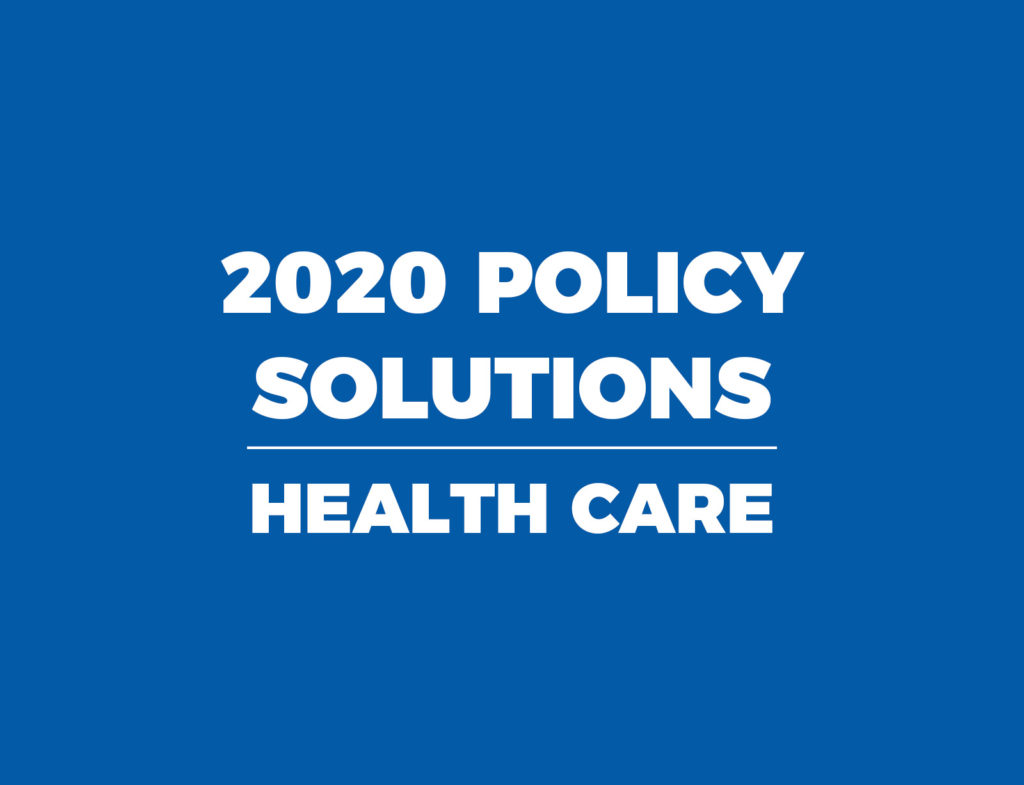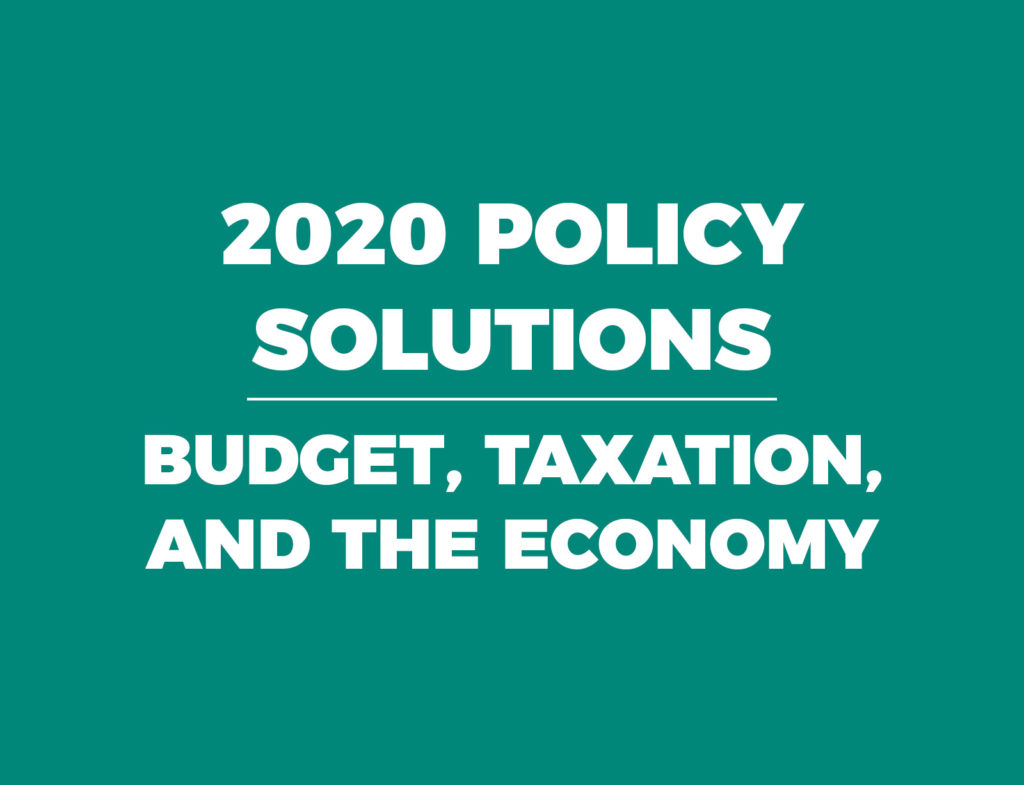Introduction
Updated as of January 2020.
Few educational institutions are as misunderstood as public charter schools. They are not private or religious schools. They are not for-profit enterprises. They cannot pick and choose students. In short, they may not take taxpayer dollars and operate as they please.
Charter schools are tuition-free public schools that have more freedom than district-run public schools but are required to meet certain state regulations, including participation in the state testing program.
Charter schools are nonsectarian and may not be affiliated with a religious school or church. Charters are subject to the same health, safety, and criminal background check requirements as local school districts. All charter schools must comply with the Public Records Act and conduct annual financial audits.
All charter schools are operated by nonprofit boards that have the option of contracting with charter management organizations or companies that provide administrative and technical services. Each charter board is accountable to the State Board of Education for ensuring compliance with applicable laws and the provisions of their charters. Unlike their counterparts in the district system, failure to maintain sufficient academic progress or financial sustainability may lead to the revocation of the charter and closure of the school.
According to state law, charter schools may not limit admission to students based on intellectual ability, measures of achievement or aptitude, athletic ability, or disability. Likewise, admission may not be limited to students based on race, creed, national origin, religion, or ancestry. When applicants outnumber available seats, the school must initiate a lottery selection process, and only in certain circumstances may the school weight the lottery to favor demographic groups.
Increasingly, charter schools are unable to accommodate even a fraction of those who apply. Before the Republican-led General Assembly started eliminating restrictions on growth in 2011, the state imposed a 100-school cap and enrollment restrictions that limited supply. Since then, legislators have strengthened the charter application and review process, loosened grade expansion requirements, clarified sibling admissions statutes, and eased teacher certification requirements.
Even though the number of charter school seats has increased since the passage of the 2011 legislation, it will take years for new and existing charter schools to accommodate the pent-up demand created by 15 years of ill-advised restrictions on growth.
Key Facts
- According to North Carolina Department of Public Instruction data, the statewide average expenditure for charter schools during the 2018-19 school year was an estimated $9,398 per student. At the same time, the average district school spent $9,865 per student to cover operating expenses and an estimated $750 per student for capital expenses. Unlike school districts, charter schools do not receive state or local capital funding or county-funded debt service payments on their behalf.
- While North Carolina’s 196 charter schools are physically located in 65 of the state’s 100 counties, all families have access to charters. Students are permitted to cross county lines to attend the charter school of their choice. In addition, the state’s two virtual charter schools allow students to enroll regardless of where they live in North Carolina.
- As of the 2019-20 school year, enrollment in the state’s 196 charter schools had grown to an estimated 117,000 students. Still, based on final average daily membership figures for the 2018-19 school year, charter school students represent only around 6.1 percent of the total public school population in North Carolina.
- According to data collected by the North Carolina Department of Public Instruction, in 2018, charter schools statewide had an estimated 55,000 students on wait lists.
- Since the passage of charter school authorizing legislation in 1996, 58 charter schools have closed or relinquished their charters. Closure is a form of accountability unique to charter schools.
- Based on 2018-19 state test results, a higher percentage of charter schools earned school performance grades of A or B than district schools.
Recommendations
- The State Board of Education should repeal any policy or regulation that sets student performance standards for charter schools but not district schools. For example, all public schools that administer state tests should be subject to the same accountability rules.
- Lawmakers should allow municipalities and counties to support the capital needs of charter schools within their jurisdictions. Elected officials should be allowed to add capital funding for charter schools into their annual appropriations or when incurring debt for capital outlay.
- The state should restructure the charter school funding system. State law should reconsider the practice of routing charter school funding through school districts. Instead, all charter schools should receive a fair and equitable appropriation directly from its source and on a weighted-student-funding basis.



